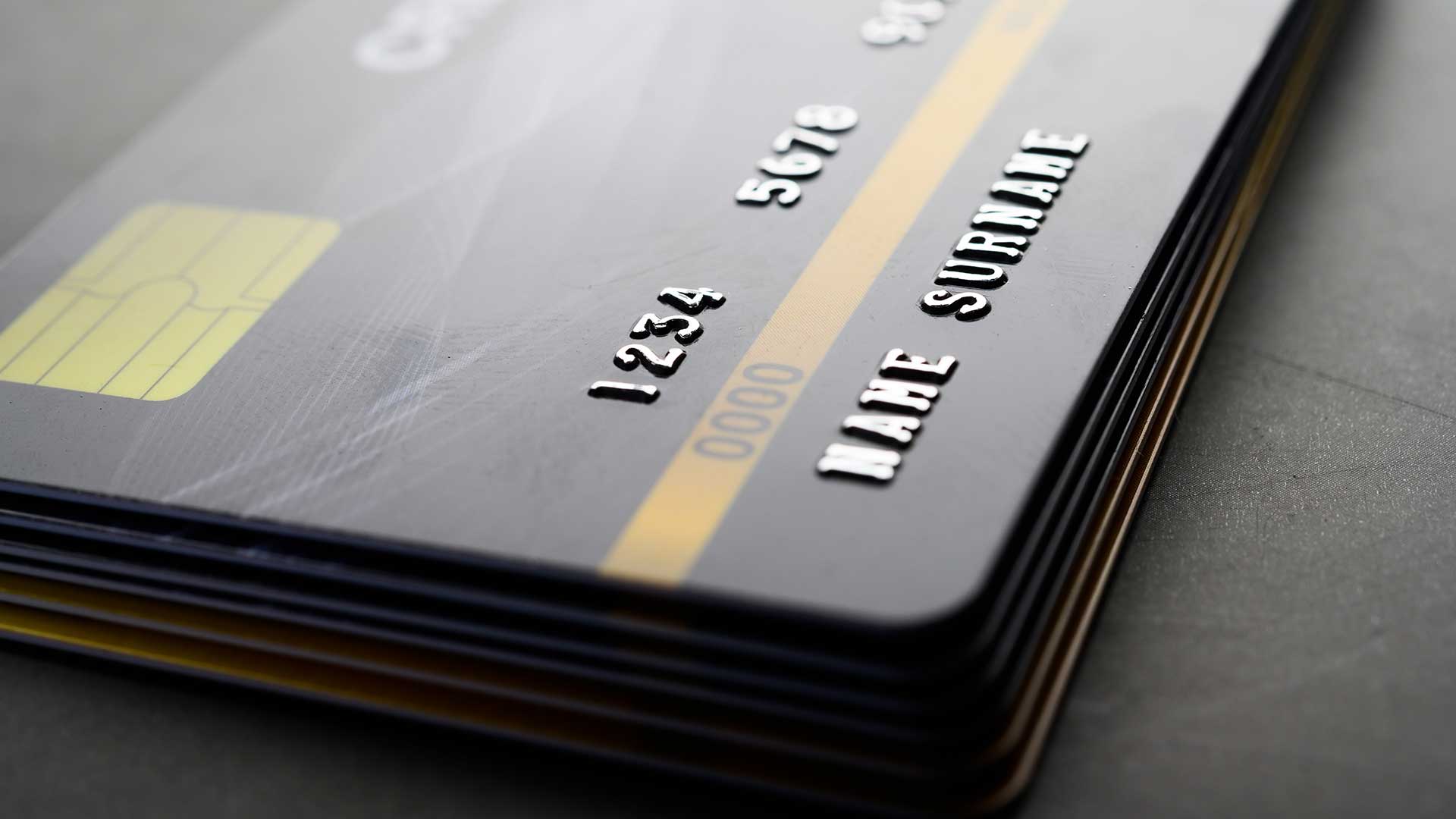Debit cards, credit cards. As merchants, these are probably the sweetest words you hear as both signify sales and more profit for your business. On the other hand, you also need to own one or both for your business operations. Either way, you might have kept on wondering: what really is the difference between the two? Does one really hold a great advantage over the other? And why do you need to know the difference?
It’s not a surprise why some find it confusing to differentiate one from the other. For one, they’re both payment cards that carry the logo of card associations such as Visa or MasterCard. Both have 16-digit card numbers, expiration dates, and personal identification number (PIN) codes. Both can also be swiped to purchase goods and services, which eliminates the need to carry cash. But that’s where their similarities end.
So how are the two different? First, let’s go through their working definitions:
- A debit card is a payment card that deducts money directly from an individual’s checking account to pay for a purchase.
- A credit card, on the other hand, is a debt instrument that allows you to borrow money from a bank to make purchases.
From this alone, you may already have an idea or two on how these cards are different. So let’s dig deeper through the difference between debit and credit cards, and how these differences may benefit you:
- The cards have different funding sources. Debit cards are linked to the customers’ checking accounts, which means that they can only draw money from the amount available in their accounts. As a debit cardholder, this allows you to only spend within your means. Credit cards, on the other hand, are debt instruments, which means you’re essentially borrowing funds from a financial institution that you can pay back at a later time. Depending on your credit-worthiness, your credit card will provide you with a set spending limit called a credit line.
- The cards’ additional fees differ. With credit cards, you need to repay the bank you are borrowing money from. Depending on the terms you agree with, you are given a grace period of 25 to 30 days to pay back the money you owe. If you can’t pay it back within that period, you will need to pay interest on top of what you originally owed. You also need to pay for other fees based, again, on your bank’s terms. With debit cards, you practically just withdraw whatever is in your existing account, which makes you debt-free. However, there is what you call an overdraft, where your bank allows you to borrow a set amount of money when your account reaches zero. In this case, you have to repay the account balance owed and any interest charges applied to it. Since the interest is still lower compared to that of credit cards, this makes the debit card a better option when making emergency purchases beyond your account’s available balance.
- Debit and credit cards have different reward perks. Another difference between debit and credit cards are the perks they offer. While credit cards charge higher fees, they offer rewards unavailable to debit cards such as discounts, travel points, and even cashback. They also incentivize cardholders who pay on time by giving them more perks. Debit cards, on the other hand, do not offer that. This is why credit cards, to some extent, are the better option to use when you pay for tickets, hotel reservations, or car rentals. The best thing to do is to check your spending history and see what credit card offers the most rewards based on how you spend.
- Debit and credit cards are protected by different laws. Credit cards have higher fees, and that is also because they relatively offer consumers more protection against theft, loss, and accidental damage. Credit cards are protected by the Fair Credit Billing Act (FCBA), which protects consumers against disputes and fraudulently opened or used accounts. Some credit cards offer additional insurance on purchases to make it easier for consumers to request a refund, which makes them a better choice for costly purchases like electronic products and appliances. If a product is reported to be broken or not delivered at all, consumers can request a chargeback from their credit card company. For debit cards, cardholders are protected by the Electronic Funds Transfer Act, which allows them to challenge fraudulent transactions. However, this is not as strong as the FCBA since you will still be liable for any future transactions if you aren’t able to alert the bank of your stolen or compromised debit card. And even if you report the fraudulent transaction in time, reimbursement of your account may take up to two weeks.
Essentially, you can use debit cards if you have spending issues so you can avoid falling into credit card debt. However, if you have better spending discipline and would require bigger expenses for your business, a credit card would be the better option to enjoy its rewards and protect you against fraud. Both cards have its pros and cons, and it is purely up to you how you can use these to your advantage.
Our work with merchants has allowed them to make smart decisions with accepting and processing debit and credit cards. With our payment solutions, more merchants have been able to successfully grow their business with a new level of financial discipline.
We’d like to offer you the same blanket of security. If you wish to learn more about the difference between credit and debit cards and other financial tidbits, or tap into our premium payment processing solutions, we are always ready to help you out! Call us at 800 644 3909 or send us a message here.
